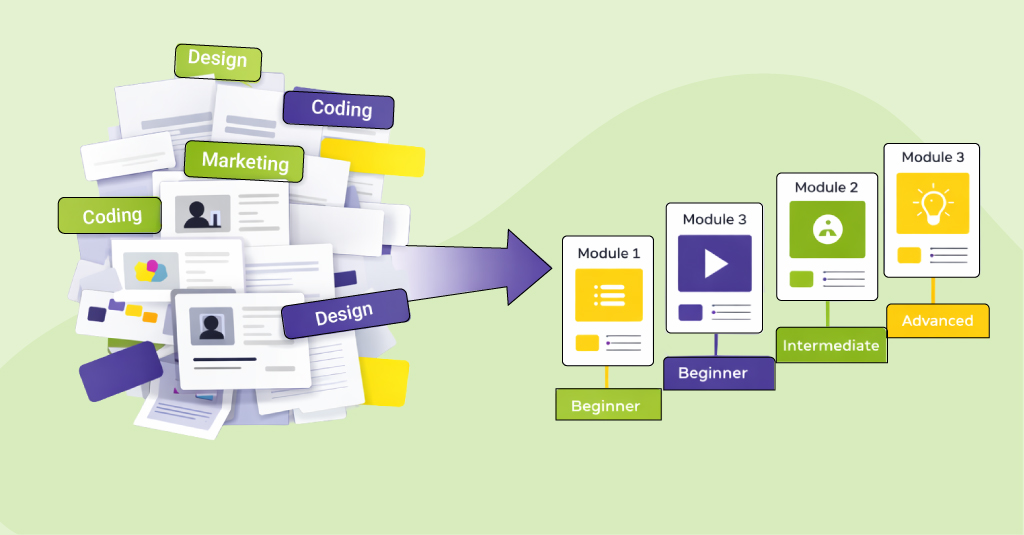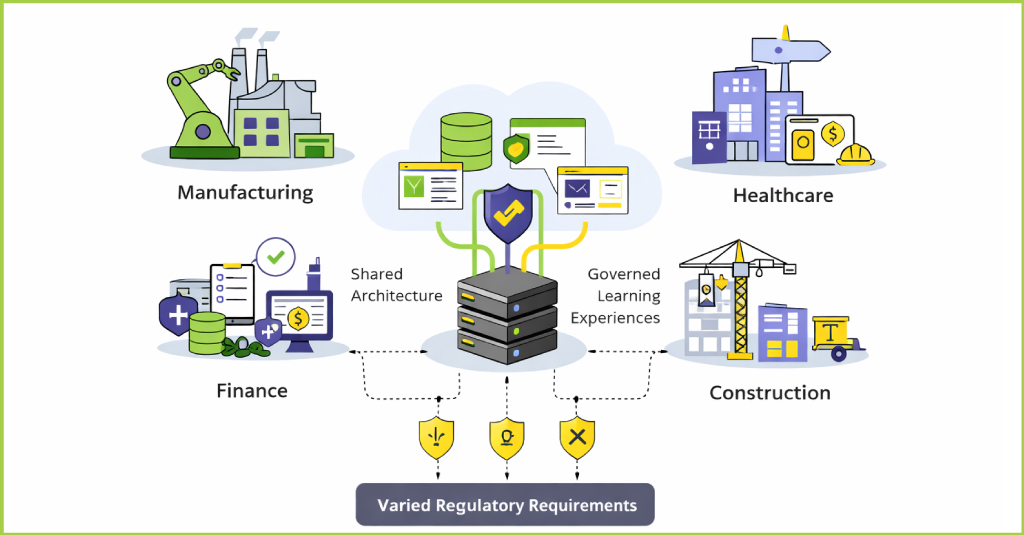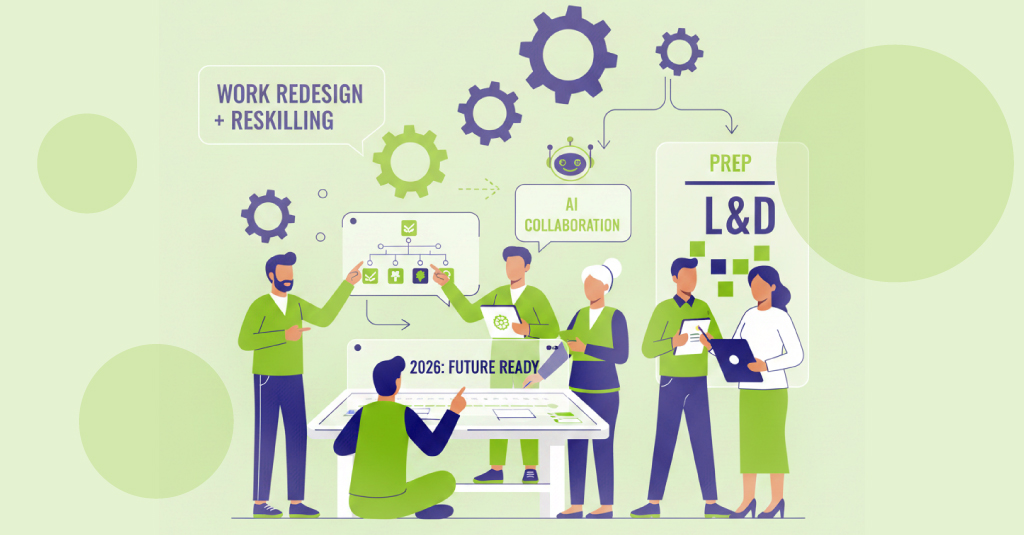I came across this really interesting interview with Greg Kroah-Hartman – Linux Kernel Dev/Maintainer. In this interview, Greg talks about how the Linux project has accommodated the accelerating rate of change for the kernel. It was very interesting to draw parallels between some of what he says and learning.
“And then I send stuff off to Linus. So, Linus trusts 10 to 15 people, and I trust 10 to 15 people. And I’m one of the subsystem maintainers. So, it’s a big, giant web of trust helping this go on.”
Web of Trust’ Networks of trust are becoming very important to the way we create products/services where each individual on the network is a potential contributor. There are just such networks in the enterprise as well, and they play a big role in how tacit knowledge is transferred in the organization. Increasingly, social networking tools are available within the organization and analyzing these networks gives a good idea who the knowledge leaders in an organization are, and which individuals form their network. The ability to target and influence knowledge leaders will lead to similar effects on their networks as well.
“…consider Android, which threw away everything from Linux except the kernel, and they built something totally new on top of it. That’s a great proof point that the Linux kernel itself has to be really, really flexible to let people do something like that. It still meets the needs of a very big market, which is pretty funny to watch…”
While this may seem far-fetched, the instant I read this. I was thinking this is exactly how the LMS will be in couple of decades; there’ll be one crowd sourced root kernel. Each provider would use that kernel in their own way; what’ll be cool is there’d be a huge offering of interfaces, infinite customizations, almost an individualized system even. The data contained would be open and you’d be able to seamlessly go from vendor to vendor, perhaps an individuals data would follow them from system to system.
“Then you get to the tiny consumer devices, which is where I like having fun, because I do USB. I work really hard to get everything supported, and we don’t know of anything these days that isn’t. I was in Tokyo the other day for the Kernel Summit and walking around Akihabara and trying to find devices that we don’t support. We had all the kernel developers there and we couldn’t find anything.”
This just points to the power of crowd sourcing. Perhaps eventually any (even all?) content that gets created will be totally compatible with the kernel system. Every user of the system will be a content generator and consumer; the system and its interface will only act as an intermediary.
Will Moodle evolve into this system or will another ecosystem similar to the Linux model emerge in the learning space? I look to it positively, either way it’ll make learning easier and better focused.



















